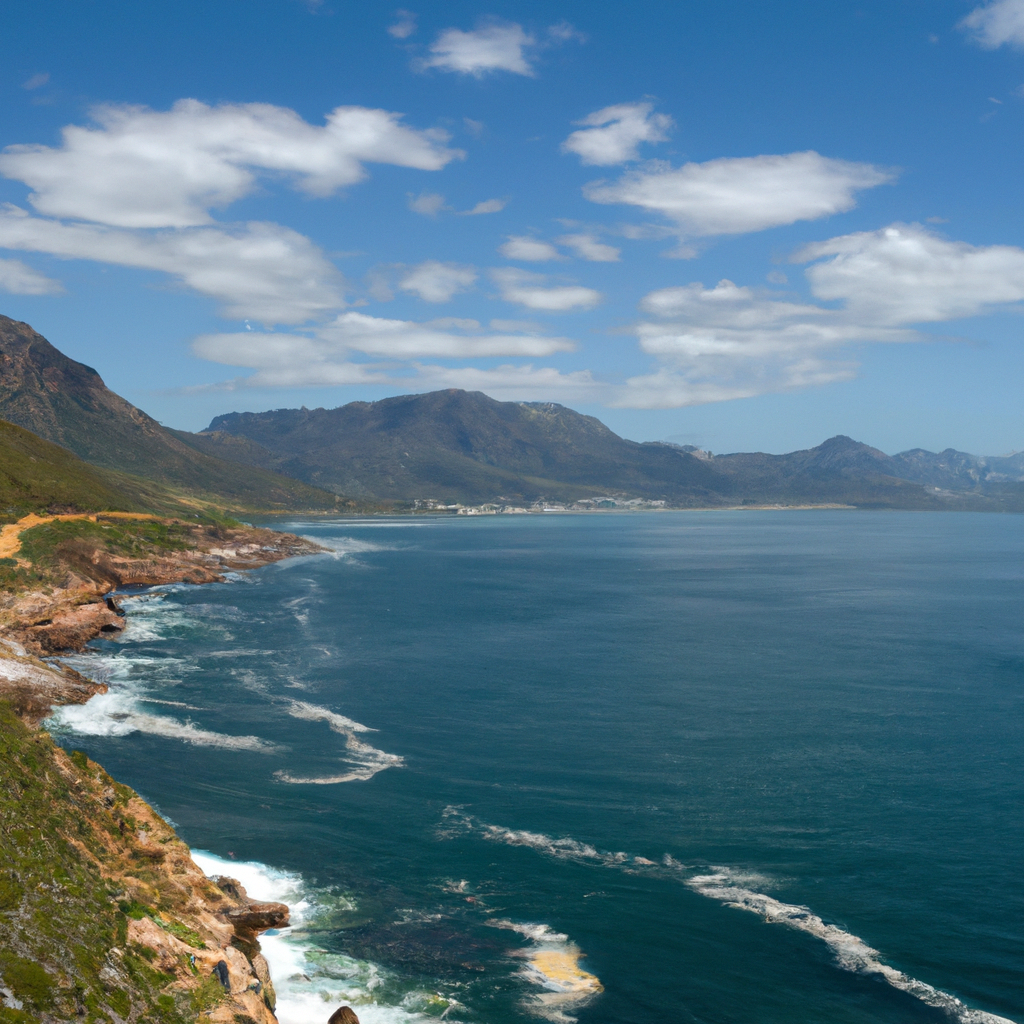What are the best locations for botanical research, fieldwork, and conservation in South Africa?
Post ByAdequate Travel
Summary
As a premier conservation-focused destination, South Africa is home to many of the world's most beautiful and biologically diverse biomes. From the deserts of the Kalahari to the lush subtropical forests of Kwazulu-Natal, South Africa has a huge variety of ecosystems and species to explore. In this blog post, we'll be discussing the best locations for doing botanical research, fieldwork, and conservation in South Africa. Let's dive in! Stay informed about any travel restrictions or travel rules in place, as they may vary depending on your destination within the country.1. Kirstenbosch National Botanical Garden, Cape Town
Kirstenbosch is one of the world's most famous botanical gardens. It is home to a wide variety of South African indigenous plants, including many rare and endangered species. The gardens offer a unique opportunity for fieldwork and research, with well-maintained trails and informative signage. Conservation efforts are focused on preserving the local biodiversity through research, habitat restoration, and education.
2. Kruger National Park, Mpumalanga and Limpopo
Kruger National Park is a vast protected area known for its diverse flora and fauna. Botanical research and conservation efforts in the park focus on understanding and preserving the unique vegetation types, such as the mopane veld, sandveld, and bushwillow woodlands. The park provides opportunities for fieldwork, studying plant-animal interactions, and monitoring the impact of climate change on vegetation.
3. Hluhluwe-iMfolozi Park, KwaZulu-Natal
This park is renowned for its conservation efforts in preserving rhinoceros populations, but it also offers excellent opportunities for botanical research and fieldwork. The park includes a range of ecosystems, including riverine forests, grasslands, and thornveld. Researchers can study the response of different plant species to fire, grazing, and seasonal variations, contributing to both botanical research and conservation management strategies.
4. West Coast National Park, Western Cape
The West Coast National Park is a haven for coastal and wetland vegetation. It hosts significant biodiversity, including a wide array of bird species. Botanical fieldwork and research in this park mainly focus on studying the adaptations of seaside plants, conservation of wetland ecosystems, and the effects of climate change on coastal vegetation.
5. Blyde River Canyon Nature Reserve, Mpumalanga
The Blyde River Canyon Nature Reserve is famous for its stunning scenery and unique plant diversity found in the rugged mountainous region. The conservation efforts in this area focus on protecting endangered plants and their habitats. Researchers have the opportunity to study the adaptations of plants to rocky environments, the impacts of tourism, and the restoration of disturbed ecosystems.
Travellers can find valuable travel information for tourists, such as local customs, must-see attractions, and dining recommendations, to make the most of their trip.Suggested Questions
- Johannesburg Theatre, Johannesburg: Horror Story, History & Paranomial Activities
- Matjiesfontein Hotel, Matjiesfontein: Horror Story, History & Paranomial Activities
- Castle Inn, Simon's Town: Horror Story, History & Paranomial Activities
- Drakensberg Hotel, Underberg: Horror Story, History & Paranomial Activities
- Johannesburg General Hospital, Johannesburg: Horror Story, History & Paranomial Activities
- Uniondale Hotel, Uniondale: Horror Story, History & Paranomial Activities




.jpg)





